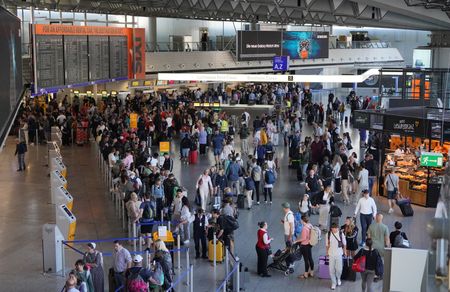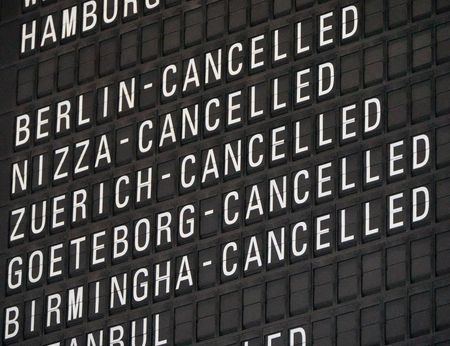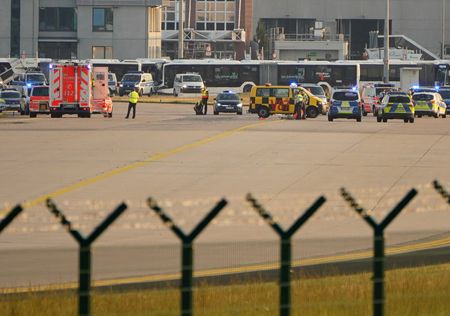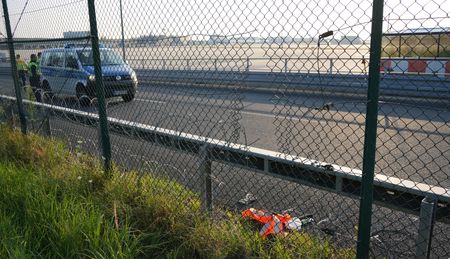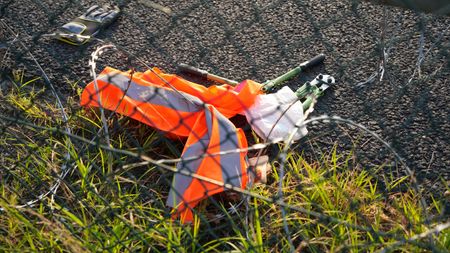By Andreas Rinke
BERLIN (Reuters) -German politicians demanded better protection for the country’s airports on Thursday after climate activists were able to breach fences and disrupt air traffic for the second day in a row.
German Interior Minister Nancy Faeser, whose ministry wants to punish unauthorised airfield access with up to two years in jail, criticised the blockades as “dangerous, dumb and criminal” as well as airport operators for not better securing their sites.
“Airport operators must do more to protect their facilities, and we are in close contact with the firms on this,” she said.
Traffic at Frankfurt airport, Germany’s busiest, was halted temporarily on Thursday after activists blocked runways by gluing themselves to the tarmac, a day after similar action affected Cologne-Bonn airport, the country’s sixth-largest.
The Frankfurt protesters were able to cut through a wire mesh fence to access the airport grounds, the activists said.
The activists have vowed that the blockades are just the beginning of a campaign to exit oil, gas and coal by 2030 and have listed several countries across Europe and North America where disruptions are planned in the coming weeks.
Similar actions at other European airports, including London, Vienna, Oslo and Zurich, had been foiled by authorities.
“The damage to the economy and society is immense. That is why the judiciary and authorities must take much more consistent action,” said German flagship airline Lufthansa in a statement.
That includes tough and swift penalties and increased police precautionary measures to prevent such offences, it said.
BETTER PROTECTION
Roman Poseck, the opposition Christian Democrat (CDU) interior minister of the state of Hesse, where Frankfurt is located, called for a review of airport security, taking aim at operator Fraport, which is responsible for external protection.
“We must do everything to ensure that intruders, activists and terrorists do not have access to our airports,” he said.
“I find it incomprehensible that, even with the current security situation, it is possible to penetrate the security area of large airports within a few minutes,” said conservative lawmaker Alexander Throm. “The protection of critical infrastructure cannot be valued highly enough at the moment.”
He said he expected Faeser to make protection her priority, take concrete measures and support them with budget funds.
According to Fraport, there are more than 30 kilometres of fencing secured by technical systems and regularly patrolled.
The interior ministry considers current protection standards insufficient, said a ministry source, and fences need to be more resistant and supplemented with modern signal and video systems.
The ministry is coordinating with the federal states on regulation to better protect German airports after two operators had resisted a voluntary commitment, the source added.
(Reporting by Andreas Rinke, Joanna Plucinska, Olaf Brenner and Terje Solsvik; Writing by Miranda Murray; Editing by Himani Sarkar, Michael Perry and Toby Chopra)

